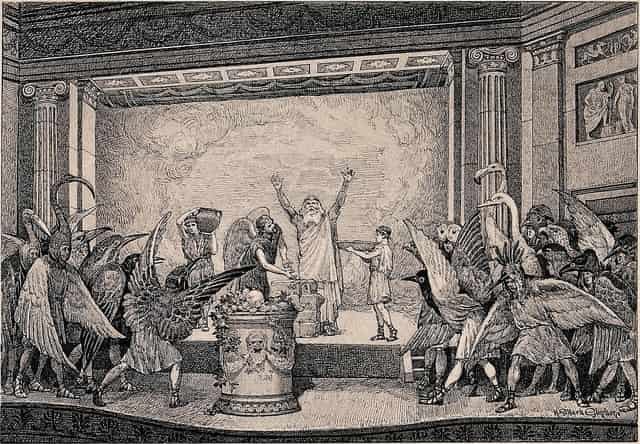On Hard Mode
Exitus acta probat
To live is to suffer; to survive is to find some meaning in the suffering. – Friedrich Nietzsche
One should avoid going through life on easy mode. Easy mode is for finite games, hard mode is for infinite games. Life is full of infinite games and the infinite games are the only ones worth playing. To gamers hard mode is not a novel concept, many games all…



